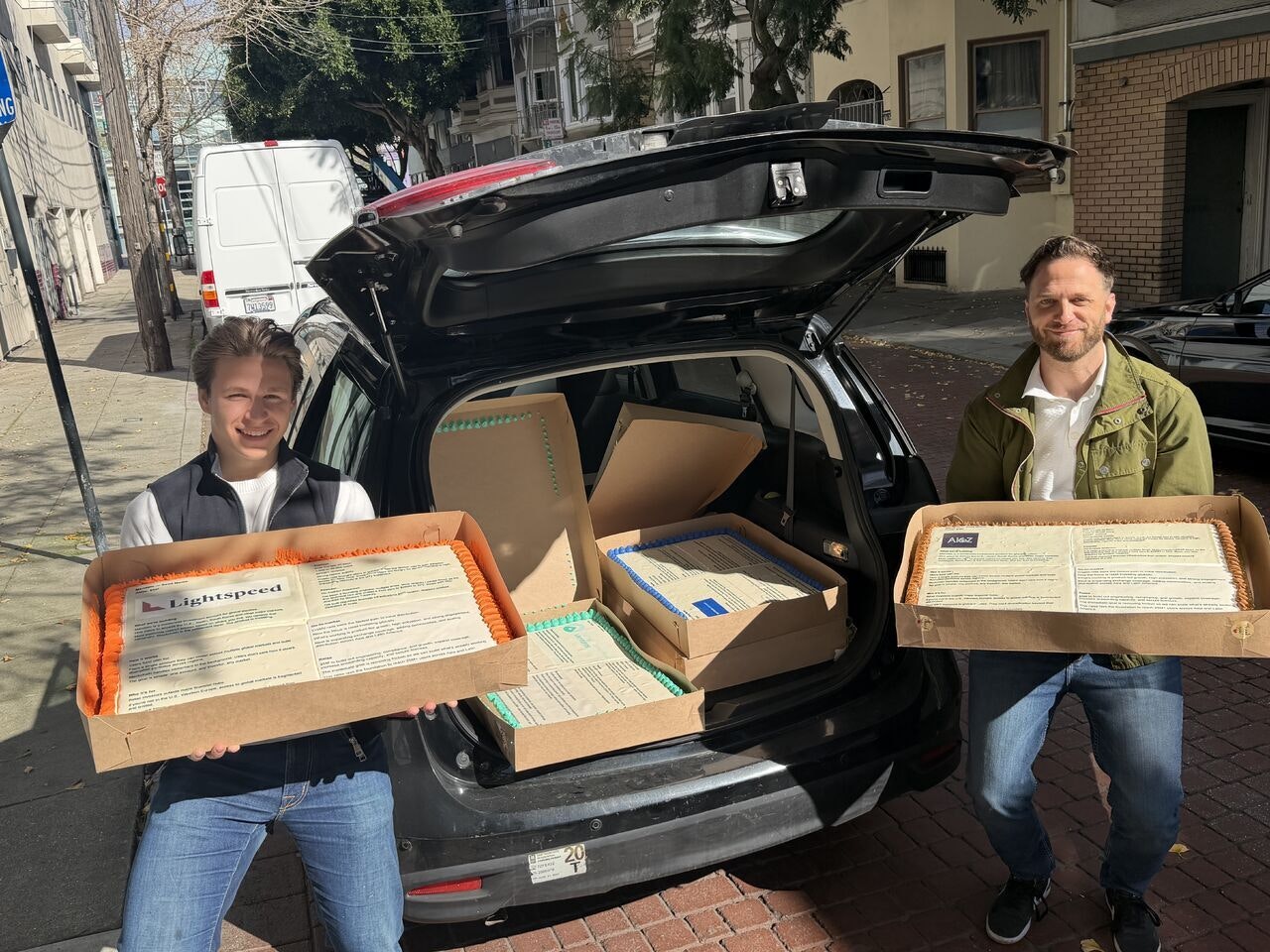At a founders' meet-up in Warsaw in early December, talk turned to how everyone felt about 2023. It was like running a marathon, said one. A marathon with a finish line that constantly moves, added another. With hurdles, chipped in a VC. On a bike, added a founder.
The economic slowdown has mauled the entire European startup ecosystem: but for founders from central and eastern Europe (CEE) it feels especially painful.
Funding drought
So far in 2023, startups in the region (excluding Estonia, which has always been an outlier) raised €1.1bn, compared to €2.2bn in 2022 and €1.9bn in 2021, according to Dealroom.
“Fundraising, especially beyond the Series A stage, remains a formidable challenge,” says Tomas Pacinda, partner at KAYA, a Czech VC. “The market has seen numerous internal or flat rounds, indicating a tough environment.”
The region has seen several impressive rounds, often led by international VCs. Lithuania saw two $100m rounds, PVcase and Nord Security; Czechia saw Keboola’s $32m Series A; Romania’s FlowX.ai raised a $35m Series A and DRUID raised a $30m Series B; and Poland’s Vue Storefront raised a €20m Series A.
But, in general, the founders, especially those at early-stage startups, have been struggling to fundraise and VCs have been extremely cautious when it comes to spending money.
Public money, too, has been harder to access for CEE startups.
Some of the region’s governments have successfully used EU funds (especially the tranches coming from the EU’s post-pandemic recovery and resilience fund) to set up public financial vehicles to boost innovations: for example, Czechia has launched a fund of funds for AI spinouts and Romania has started a €80m fund of funds for local VCs.
But due to political disputes, this pot of money was blocked for Hungary and Poland, the region’s largest economy.
In Poland, the lack of public funding for VCs has been especially painful: the state-owned fund of funds, PFR Ventures, still hasn’t deployed a penny from the €426m budget for VCs that it promised in mid-2022 (it opened the call for VCs interested in the funding in December).
Another Polish public institution responsible for deploying funds for innovation has been embroiled in a corruption scandal, which has left dozens of founders on the brink of bankruptcy.
These issues have only widened an already big gap in the region’s funding market.
“The CEE market lacks finances and the ability to carry out real operations,” says Roza Szafranek, founder and CEO of HR Hints. “So people are just ‘faking it’: they organise networking events, conferences and founders' away days, publish new books on startups.”
Towards profitability
As money has become scarce, founders have had to find ways of cutting costs and changing business models.
“CEE startups were encouraged to emphasise effective commercialisation of products or services and to implement active cost optimisation,” says Magda Surowiec, managing partner at Unfold VC.
“The difficulty of obtaining external financing or relying on customer cash means that one must be proactive and, above all, ready to adapt. The economic situation has exposed business realities, the bar has been raised really high. Only good and the best projects won.”
Indeed, many of the region’s main scaleups have recently set profitability, rather than quick growth, as their main goal: Estonia’s Bolt, Poland’s Booksy and Czechia's Rohlik among them. Here, the region’s founders often have an upper hand, as their companies have traditionally been more frugal with money.
“A global emphasis on efficiency and productivity places founders from CEE in a more advantageous position, as efficient growth is inherently part of their DNA,” says Pacinda at KAYA. “Our region boasts the highest proportion of bootstrapped unicorns, and the true winners of this challenging macroeconomic environment are yet to emerge.”
Deeptech opportunity?
If there’s one sector that has been shining through the macroeconomic gloom, it’s probably been deeptech. CEE is well known for its engineering talent, which has been trying to ride the global deeptech wave.
“Deeptech startups were increasingly recognised and funded in CEE in 2023. This is due to the region's strong research and development capabilities as well as a large engineering and software development talent pool,” says Marcin Hejka, general partner at OTB Ventures, the CEE deeptech VC.
This also includes the spike of interest in defence and dual-use technology across the region, fuelled by the ongoing conflict in Ukraine, as well as a greater interest from public and private investors.
CEE founders have also done their best to embrace the AI boom. There are more than 900 active AI product companies in the region, according to a report by The Recursive.
“Companies in the CEE region increasingly adopted AI and machine learning technologies to enhance their operations, customer service and product offerings. This trend is likely to accelerate, with more businesses investing in AI research and development,” says Hejka.
But there is still a limited number of institutions providing opportunities for education and research in deeptech and AI, the report claims, leading to local talent often heading overseas. Another concern is the absence of a proper national AI strategy in most countries.
This is probably why the region hasn’t yet seen many clear AI boom “winners” — with Poland’s ElevenLabs which raised a $19m Series A round co-led by entrepreneurs Nat Friedman and Daniel Gross alongside Andreessen Horowitz as a notable exception.



